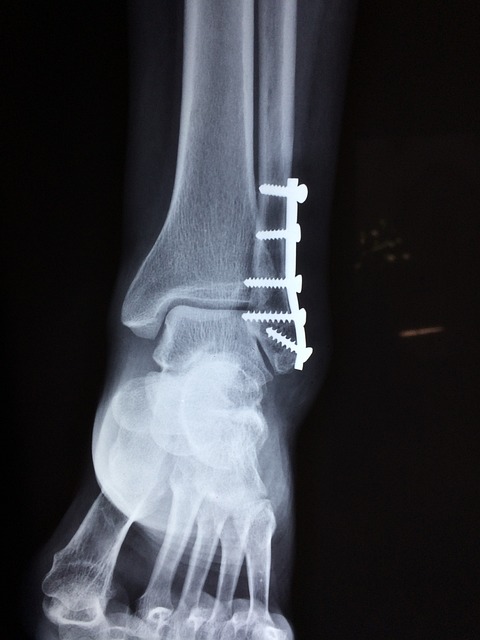The Role of Intimacy in Men's Health: Understanding the Mind-Body Connection
Maintaining good health involves more than just physical fitness and proper nutrition for men. The intricate connection between emotional well-being, intimate relationships, and overall health plays a crucial role in men's wellness. Understanding this connection can lead to improved physical and mental health outcomes, stronger relationships, and enhanced quality of life.

Understanding the Physical Benefits of Healthy Relationships
Regular intimate contact within committed relationships offers numerous health benefits for men. Physical intimacy can improve cardiovascular health, boost immune function, and help maintain healthy testosterone levels. Additionally, men in loving, committed relationships often experience better sleep quality and show reduced risks of depression and anxiety compared to those without strong relationship connections.
The Impact of Relationship Quality on Mental Wellness
The quality of intimate relationships significantly influences men’s mental health. Positive couple dynamics can provide emotional support during challenging times, reduce stress levels, and contribute to better coping mechanisms. Men who report high satisfaction in their relationships typically demonstrate greater resilience to life’s challenges and maintain better overall mental well-being.
Developing Communication Skills for Deeper Connection
Effective communication serves as the foundation for healthy relationships and, by extension, better health outcomes. Learning to express emotions, needs, and concerns openly can strengthen intimate bonds while reducing stress and anxiety. Partners who maintain open lines of communication often report higher relationship satisfaction and better overall health markers.
Creating Balance in Love and Personal Health
Finding the right balance between maintaining personal health and nurturing relationship connections is essential. Couples who engage in healthy activities together, such as exercise, cooking nutritious meals, or practicing stress-reduction techniques, often experience improved health outcomes and stronger bonds. This mutual support system can lead to lasting positive health behaviors and enhanced relationship satisfaction.
This article is for informational purposes only and should not be considered medical advice. Please consult a qualified healthcare professional for personalized guidance and treatment.




